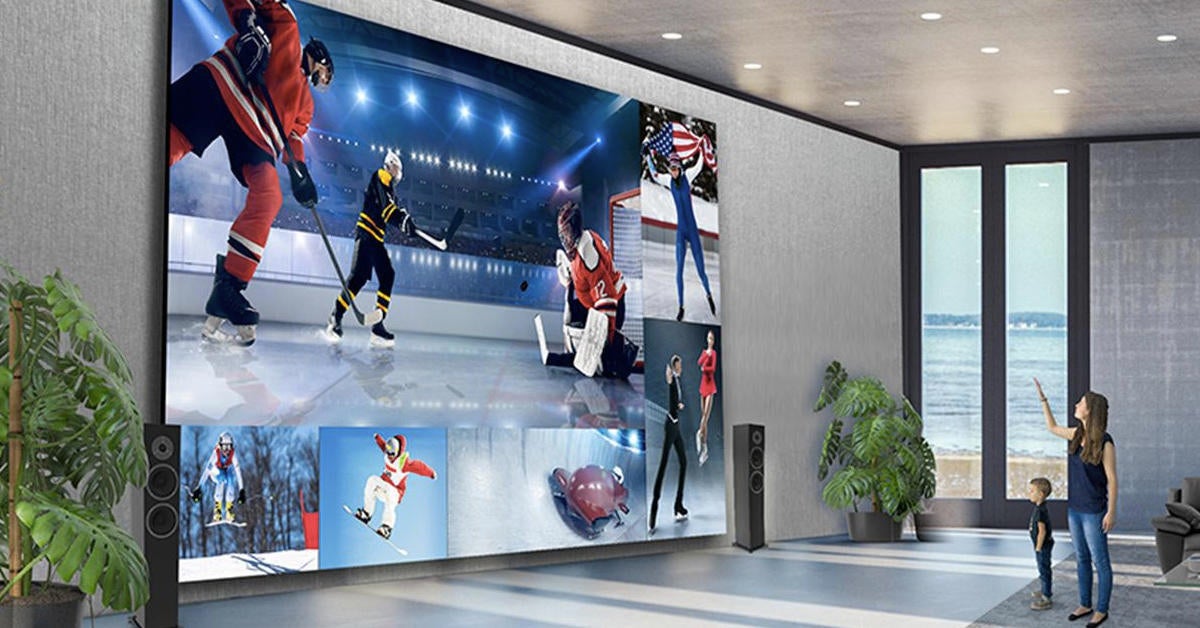CONNECTED DEVICES & PRIVACY

Can you keep a secret? No, you can’t, at least not for long. With ever more of your electronic devices, appliances, utility meters, fitness trackers, and home security systems connected to the internet, it’s nearly certain that at least one of them will rat on you sooner or later.
Could Your Devices Be Subpoenaed?
Allison Berman, writing for Singularity Hub, warned that the connected devices in your home could be subpoenaed as witnesses against you. She cited a 2015 murder case, for which police asked Amazon to turn over cloud-based data sent by an Alexa-enabled Echo device in the home of James Andrew Bates, in whose hot tub detectives had found the body of his colleague, Victor Collins. On the night of the murder, the device had been used for streaming music. The Echo device, equipped with seven mikes, listens constantly for the ‘wake word’ that will activate it, making it receptive to commands. Just before and after sensing the wake word, Echo begins recording sound and transmitting it to Amazon’s cloud.
Police believe the Echo device may have recorded audio germane to their investigation.
In the near future, police may solve crimes by interrogating refrigerators, thermostats, TV sets, stereos, phones, tablets, and security systems. With multiple electronic witnesses, they can obtain fairly accurate and comprehensive pictures of the crimes, as they seek to do by interviewing multiple witnesses to an auto accident.
Privacy laws regarding connected devices are very weak. Because the information is stored in the cloud, the owner or user of the devices doesn’t own the data they transmit. It’s not protected to the same degree that documents in his house are.
Could Your Connected Devices Be Hacked?
Of course, any connected device can be hacked. If Alexa is hacked, could a hostile party listen to everything you say in your home? And if you have twenty connected devices in your home, a hacker might obtain eerily accurate and complete information about what you do all day. Could he use it to blackmail you? What could a stalker do if he knows where you’ll be, when, and for what reason?
Hackers could also hijack your devices to spread false information about you. Patrick Frey, who blogs as ‘Patterico’, suffered a ’SWATting’ attack in 2011 after a hacker ‘spoofed’ his cellphone number to place a midnight 911 call. Pretending to be Frey, the caller said he had shot his wife.
Sheriff’s deputies pounded on Frey’s door and rang his doorbell. When he opened the door, they pointed their guns at him and told him to put his hands up. The deputies handcuffed Frey and placed him in a squad car. Then they awakened his wife, led her downstairs, and frisked her. After ascertaining that the children were safe, the police finally left.
The incident could easily have cost Frey his life. Cops are likely to be nervous in confronting a man they believe to be armed and to have just committed a murder.
Can You Trust Browsers and Social Media?
Loss of privacy need not require either hacking or law enforcement inquiry. Certain browsers, such as Google, and social media, such as Facebook, offer overly complicated terms of service– as long as 30,000 words. Few, if any, users read them. The rules are nearly inscrutable for a reason. They’re meant to protect providers from liability, not to protect your privacy.
Since you don’t pay for Google and Facebook services, you are their product. They earn their money through sale of advertising, so they want as much data about you as possible. Their advertisers demand it.
Two years ago, Facebook faced a media firestorm after the discovery that it had been manipulating the emotional states of thousands of users. Facebook had learned that the emotional impact of the images it showed users would affect the character of their posts. With this information, it could reinforce advertising messages.
You reveal far more through social media than you’d guess. MIT’s ‘Gaydar’ project confirmed that one could reliably infer that a particular subject was gay, based solely on his social media posts, even if he had never admitted it openly, and even if he was trying strenuously to keep it hidden. Another MIT project, called ‘Psychopath’, tracked social media posts to determine presence or absence of schizophrenia.
Can You Trust Your Smart TV Set?
On Monday, February 6, Vizio settled a lawsuit over claims that it had violated consumer privacy. The plaintiffs had alleged that Vizio’s connected ‘smart’ TV sets had been tracking ‘second by second’ data about customer viewing habits. To this, Vizio had allegedly added specific demographic information: age, sex, marital status, size of household, income, home ownership, and household value. The company is alleged to have sold this information to third parties. The third parties would use it to enable targeted advertising.
LG and Samsung have also been accused of collecting viewer data through their connected TV sets.
What Can You Do?
What can you do to protect yourself? Update your passwords often. Encrypt what you can. Always stay aware of when your connected devices are switched on.
It may help to assume that everything you do will become public- and live accordingly.
(For the most reliable connection, talk to us. We can help.)






